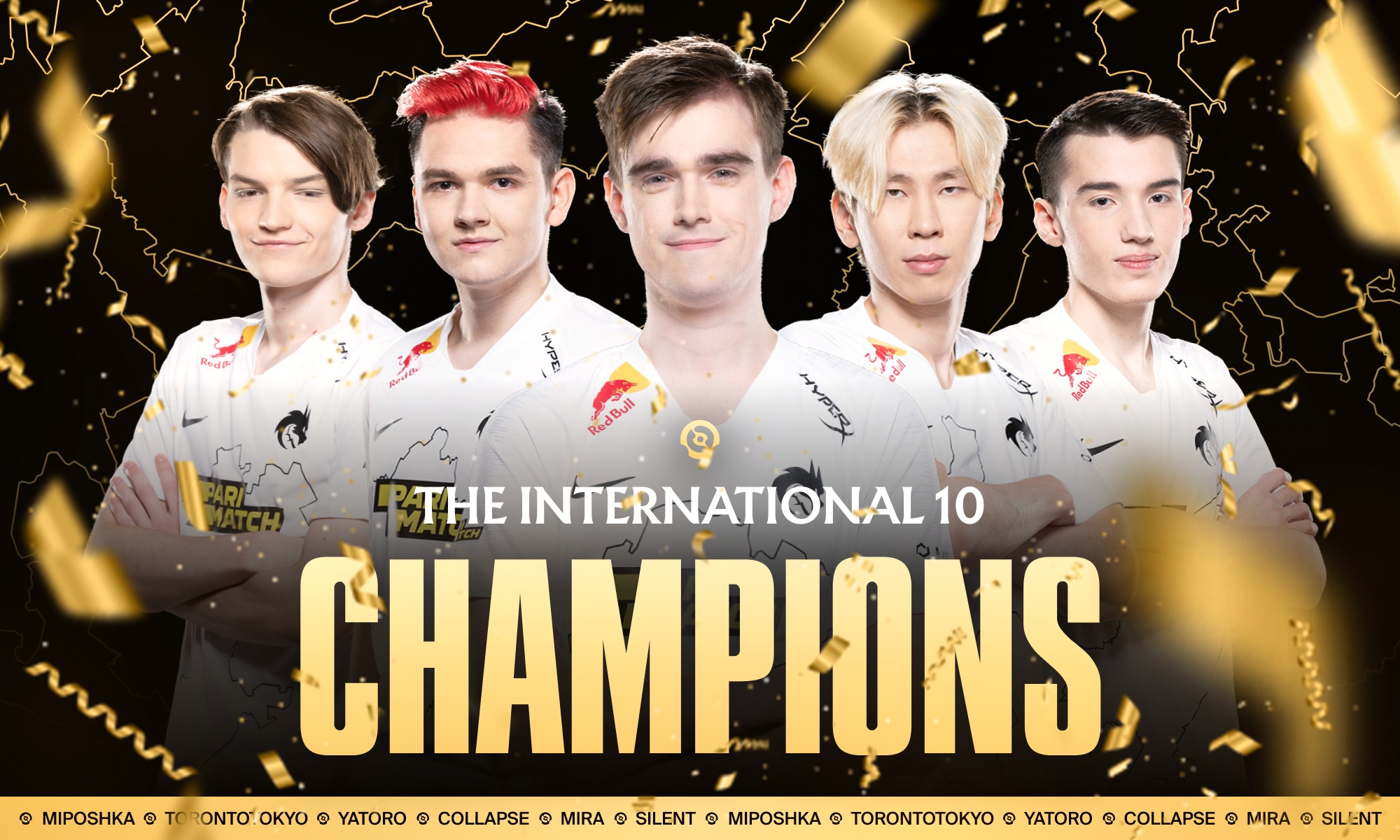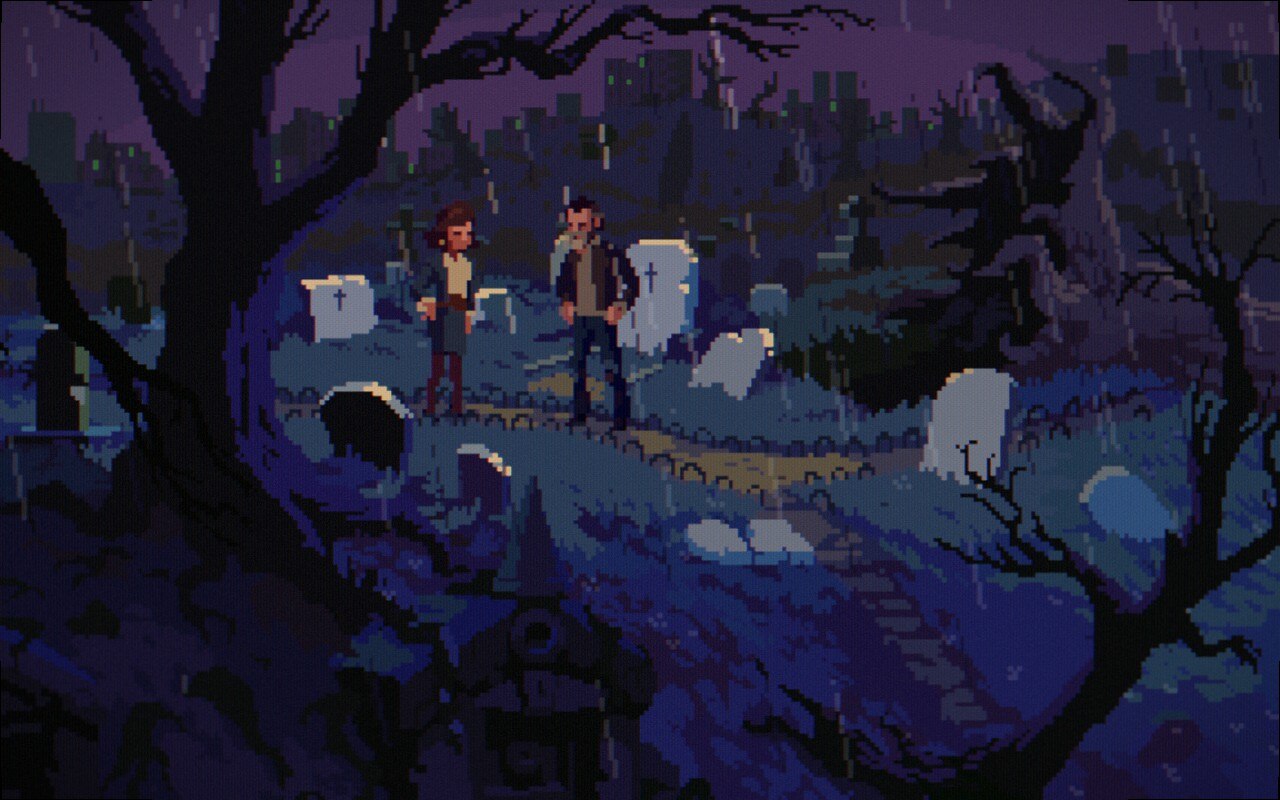Team Spirit wins $18M Dota 2 championship in close finals
Team Spirit blew a 2-0 lead, but came back for a 3-2 victory over PSG.LGD.

Dota 2's Aegis trophy has come back to Eastern Europe for the first time since the inaugural tournament in 2011 as Team Spirit has won The International 2021 and been crowned world champions. After blowing a 2-0 lead early in the best of 5 finals, including a brutal fourth-game loss that left the record at 2-2, Team Spirit took the team to championship a win in the final game.
Based in Moscow, Team Spirit will now received the single largest prize payout in esports history: $18,208,300. They're also the first team from Eastern Europe to win since Ukrainian team Natus Vincere (Na'Vi) won the very first Dota 2 International in 2011.
WE ARE THE INTERNATIONAL 10 CHAMPIONS 🐉It was an amazing adventure. We thank all the fans for your support! We wouldn't be there without you. See you next season!#SPIRITIX pic.twitter.com/JWB5buXfEWOctober 17, 2021
The last four years of competitive Dota 2 were defined by teams based in the European Union. Team Liquid won in 2017, then OG won back to back victories in 2018 and 2019. The 2020 tournament was cancelled, and the prize pool transferred to this year.
Team Spirit was knocked into the lower bracket of the tournament by Team Secret in their first match, but it was only up from there. On the way to their win, Team Spirit first eliminated the defending champions OG before taking down fellow Russians Virtus.pro. Perhaps most surprising was their win over 2012 champions Invictus Gaming, who had been favored as one of the strongest teams in the tournament after going 6-2-0 during the group stages—only PSG.LGD did better, at 7-1-0.
Nonetheless, despite playing an amazing final series, Chinese team PSG.LGD couldn't take the win. They'll have to be content with the runner up's prize of $5,202,400.
Dota 2's championships, The International, are the most lucrative events in esports. Each of the last six events has set a new world record for tournament prize pool. This year's event was held in Bucharest, Romania after some shakeup regarding event location. The event did not have a live audience, but it did have some weird fake cheering.
Keep up to date with the most important stories and the best deals, as picked by the PC Gamer team.
Jon Bolding is a games writer and critic with an extensive background in strategy games. When he's not on his PC, he can be found playing every tabletop game under the sun.

